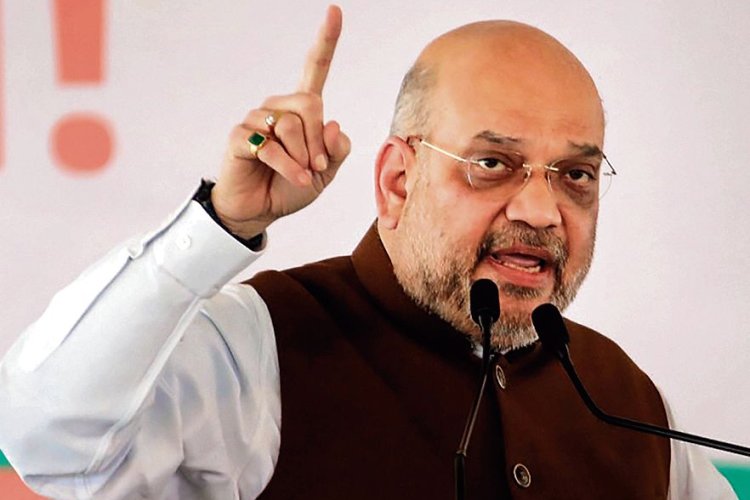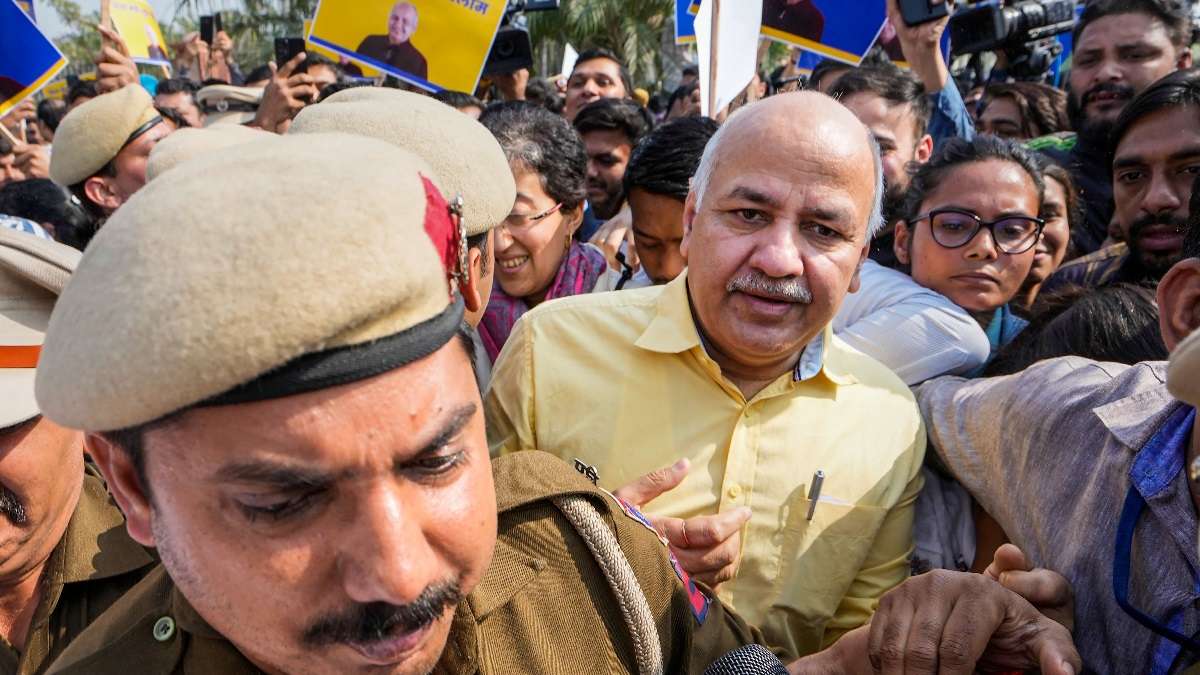HC verdict on Hijab: Experts believe it will further affect educational prospects of Muslim girls

Firoze Rozindar
Bengaluru: The verdict of the Karnataka High Court on the Hijab issue is going to have far-reaching consequences mainly on the education of girls of the Muslim community in Karnataka and elsewhere.
The High Court of Karnataka on Tuesday has declared that wearing of Hijab is not an essential practice of Islam, in all likelihood to make a significant and adverse impact of the Muslim girls who never imagine going to schools and college without wearing a Hijab. Similarly, majority of the Muslim parents do not prefer their daughters to have their higher education without following their religious custom of wearing Hijab.
Several activists and Muslim educationists believe that already the literary rate of Muslim women in the country is weak compared to women of other religions, the order of the High Court may further weaken their prospects in the education sector.
According to the census of 2011, only 51.9 % of Muslim women of the country are literate, which is the least among all the women of different religions. Among the other religious minorities, women of the Jain community have 84% literacy rate.
Because of various reasons, mainly poverty and strong traditional beliefs, Muslims are educationally weak. Muslim females still lag in the educational sector in the country as against their male counterparts. Data reveals that among the Muslims, 17.6% are school dropouts which is higher than the national average of 13.2%.
Around 25% of Muslim children in the age group of 6 to 14 years have either could not go to school or had to discontinue their education. Muslims have the highest dropout rate in the country. Only one out of the 25 undergraduate students and one out of the 50 postgraduate students is a Muslim get the chance to learn in good colleges. The experts believe that education is a highly important tool for the development and growth of any community. Good education is directly linked to good employment opportunities. Since Muslims, mainly the women fraternity of the community is backward in the education sector; their presence in jobs is meagre.
When such is the hard reality, poverty is one of the hard facts which forces the Muslims to send their daughters to government schools as they cannot afford the higher fees of private colleges. The situation is worse in rural areas where even private schools are non-existing. That leaves no better option for girls but to study in government schools in rural areas.
The High Court which has gone against the petition of Muslim girls who wanted to wear Hijab in the schools/colleges will largely be applied to government schools and colleges where the majority of the Muslim girls study.
Here, the first segment of Muslim women who will be affected by the order is the girls of economically weaker sections of the society or those living in rural areas.
“ I am primarily against the people who have gone to court to seek legal remedy on Hijab row. It is a political issue, it should have been addressed politically. Now, with the High Court order, it has opened a Pandora's box in India. Since the matter has now gone against the Muslims who wanted to wear Hijab, other States will start using Karnataka High Court order as an example to force Muslim girls not to come to schools in Hijab. So, I strongly believe, the matter should not have gone to the court in the first place”, said Nasir Hussain, Rajya Sabha MP of the Congress.
Admitting that the order may prevent many Muslim girls from seeking education, he however appealed to the Muslims not to stop the education of their daughters because of the order. “ Please do not end the education of your daughters because of the Hijab issue. The education of the girls is essential, so let the girls of Muslim communities study”, he said.

















